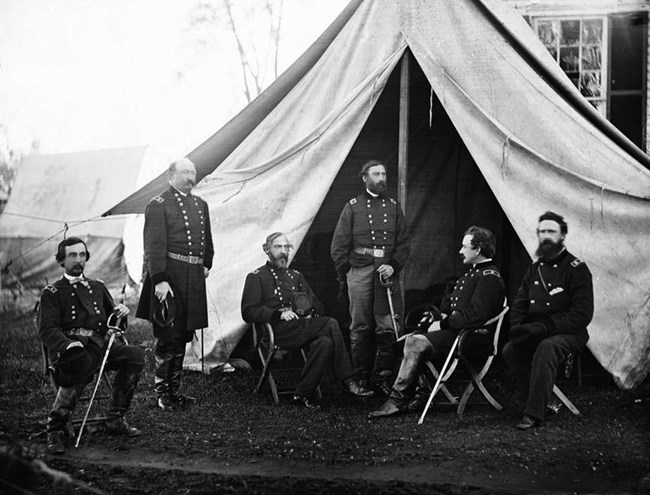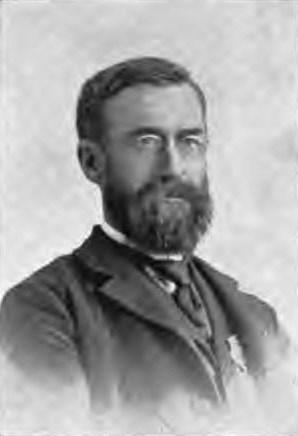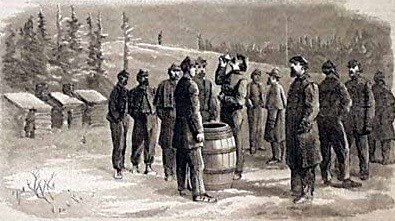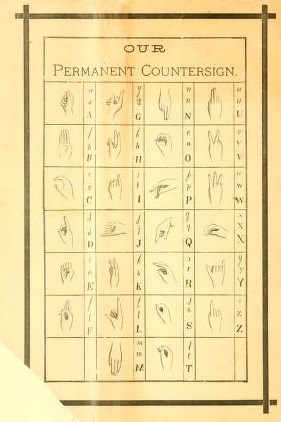Last updated: April 5, 2024
Article
Causes of Deafness During the Civil War
“Hark! 'tis the cannon's deafening roar,
That sounds along thy sunny shore,
And thou shalt lie in chains no more,
My wounded, bleeding Georgia!”
-Georgia, My Georgia! by Carrie Bell Sinclair (1861)
“Still on McDowell’s farthest left,
The roar of cannon strikes one deaf,
Where furious Abe and fiery Jeff
Contend for death or victory.”
-Bull Run-A Parody by Anonymous (edited 1866)

Credit: Library of Congress - cwpb.03981
Artillery Fire
“I am about half deaf yet, as is everyone else from the effects of the cannonading,” said Private Walter Battle. Soldiers were used to losing their hearing at least temporarily after most major battles. They could only hope that this time, it wouldn’t be permanent.
Artillery fire from cannons was a known threat to a soldier’s hearing during the Civil War. “Concussion deafness” often left men deaf on the battlefield for at least short periods of time. The men arming the cannons suffered a much longer and more intense deafness.
Most soldiers ignored the Army surgeons’ advice to protect their hearing from canons, gunfire and the other causes of the roar of battle. “Despite how common concussion deafness was during the war, there were surprisingly few reports that soldiers made an effort to protect their ears from the battle noise,” wrote Harry Lang in the book Fighting in the Shadows.

Credit: Gallaher, Representative Deaf Persons, 137.
Illness
Disease, malnutrition and exposure was also a threat to the hearing of soldiers, sometimes even more often than noise and concussion forces. Even a simple common cold combined with dysentery or cold conditions could cause an ear infection that resulted in the ear drum separating. “There was very cold weather from which I contracted cold from sleeping in barrack that had just been erected out of green icey (sic) lumber, without fire or covering as we could get no wood, not sufficient to cook with,” reported Absalom Ross. “My head raised and broke, and discharged from my ears, which caused deafness ever since.”
Environment
The environment was another factor causing hearing loss in soldiers. Men marched thousands of miles all across the young country. They did not stop to go around natural barriers; they marched right through them. This included swamps, where malaria and other tropical diseases awaited them. During the colder months, many regiments didn’t have appropriate clothing or gear to protect them from the elements. Man’s ears popped from the cold.

Credit: Harper's Weekly Magazine, March 11, 1865
Quinine
Sometimes the cure was as bad as the disease. Quinine, often used for tropical diseases, could cause temporary or permanent deafness in large doses. Inexperienced surgeons or overzealous self-medicating soldiers sometimes ingested very large quantities of the medicine. At best, they would lose their ability to hear at high frequencies. At worst, they permanently lost their hearing. Other lasting side effects included long-lasting headaches. “I am quite deaf today, the consequence of taking quinine yesterday,” wrote Benjamin A. Hill.

Credit: Foster, Wallace; Silent Army of Deaf Soldiers, Sailors, and Marines; YA Pamphlet Collection (Library of Congress) DLC.
Permanent Deafness
While temporary hearing loss was a nuisance for soldiers, some men left the Civil War with permanent deafness. Many of them struggled with the idea of living life never being able to hear again. It was a disability the pension board at the time said was a minor loss and compensated the men far less than those with other lasting injuries. It was considered a less severe disability because those suffering hearing loss would still be able to do manual labor. The award for a totally deaf pensioner was the lowest of any, $13 per month for total deafness in both ears, or as little as $1 per month for total deafness in one ear. Pensioners suffering from loss of limbs were paid several times as much.
These men would argue this point, claiming it was among the worst type of disabilities to endure. After the war, they created the “Silent Army of Deaf Soldier, Sailors, and Marines” in 1884. They lobbied for increasing pensions and eventually numbered thousands of veterans with service-related deafness.
Since widespread activism and support for people with hearing loss would not come until many years too late for these veterans, they faced many hardships away from groups like the Silent Army. “Hence, we are void of any ability to earn a support,” wrote a deaf veteran from the 192nd Pennsylvania Volunteers. “The employer of this day and generation looks for the hearing ear, as well as the free and willing heart.”
Tags
- antietam national battlefield
- brices cross roads national battlefield site
- chickamauga & chattanooga national military park
- civil war defenses of washington
- fort pulaski national monument
- fort sumter and fort moultrie national historical park
- fredericksburg & spotsylvania national military park
- gettysburg national military park
- kennesaw mountain national battlefield park
- kemo
- kennesaw mountain national battlefield park
- military
- civil war
- civil war union army
- civil war confederate army
- deaf awareness
- deaf history
- field hospital
